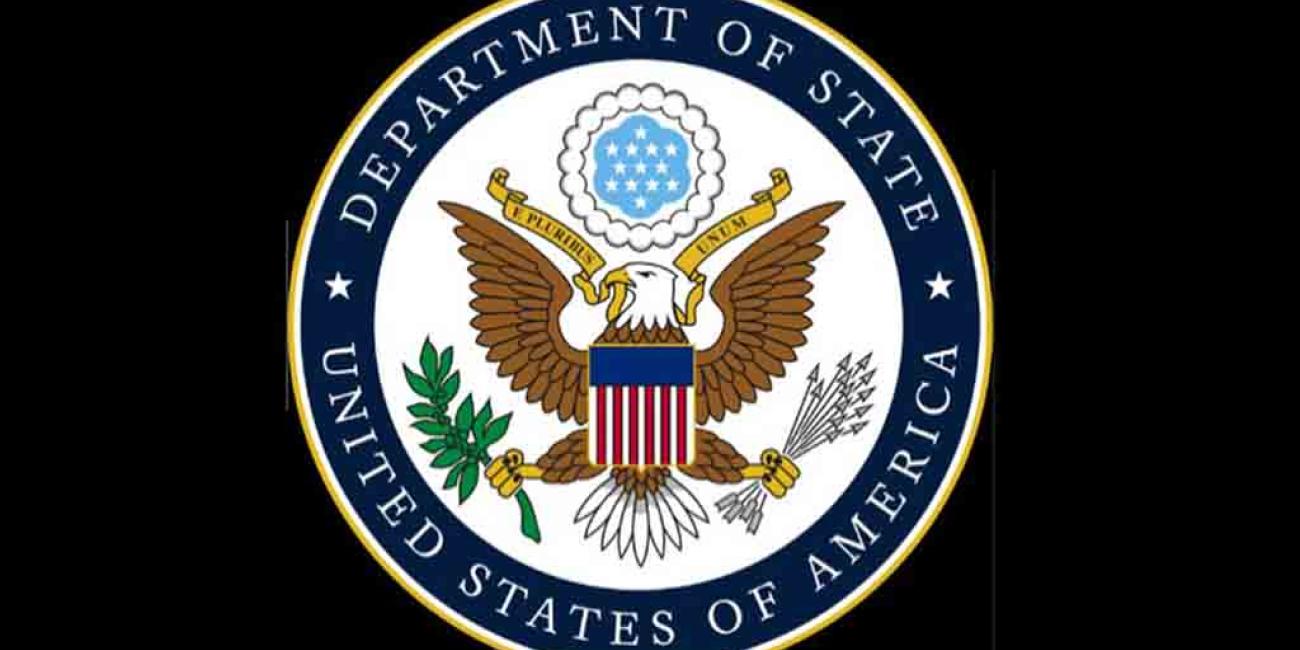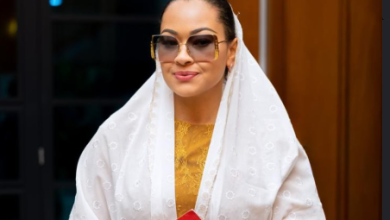U.S. Accuses Nigerian Government of Returning Trafficking Victims to Boko Haram Husbands

|
Getting your Trinity Audio player ready...
|
The United States has accused the Nigerian government of re-trafficking women and girls by forcibly returning them to Boko Haram “husbands” and other traffickers, despite its public stance against modern slavery and sexual exploitation.
In its 2025 Trafficking in Persons (TIP) Report released on September 30, 2025, the U.S. Department of State said Nigeria had failed to meet minimum standards in protecting victims, even though law enforcement actions against traffickers have increased.
The report revealed that women and girls rescued from insurgents in the North-East were treated as criminals rather than victims.
“In some cases, authorities detained or returned victims to their Boko Haram husbands and traffickers,” it stated, citing weak screening processes by security agencies and state authorities in Borno.
The report particularly condemned how women linked to Boko Haram through forced marriages were detained or pressured to return to insurgent “husbands” rather than being rehabilitated.
Despite the criticism, the report also acknowledged progress. In 2024, authorities initiated 744 trafficking investigations, filed 71 prosecutions, and secured 49 convictions, which is double the figure from 2023.
The government also increased victim-protection funding from N50.8 million in 2024 to over N128 million in 2025, while expanding coordination with NGOs and public awareness campaigns.
The report noted that some immigration officers, Civilian Joint Task Force operatives, and even NAPTIP staff were implicated in trafficking crimes or obstructing justice by taking bribes. Few were prosecuted.
“The quantity and quality of shelter services, especially for men, were insufficient,” the U.S. report said
It also faulted the government for failing to operationalise a victims’ trust fund, despite provisions under the 2015 Trafficking in Persons Law Enforcement and Administration Act (TIPLEAA).
The U.S. urged Nigeria to improve victim screening, expand shelters, activate the victims’ trust fund, and prosecute complicit officials.
It stressed that corruption among law enforcement and judiciary officials “remained significant concerns and contributed to impunity for traffickers.”




